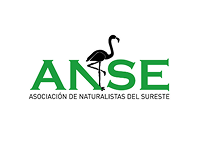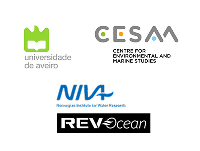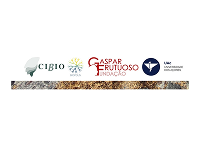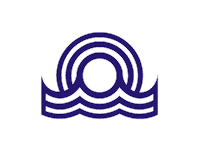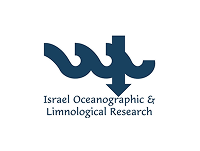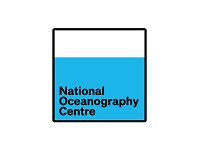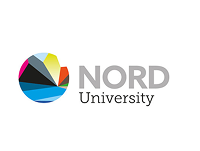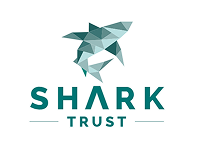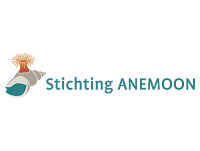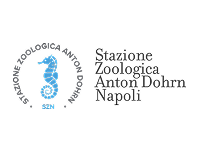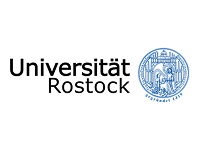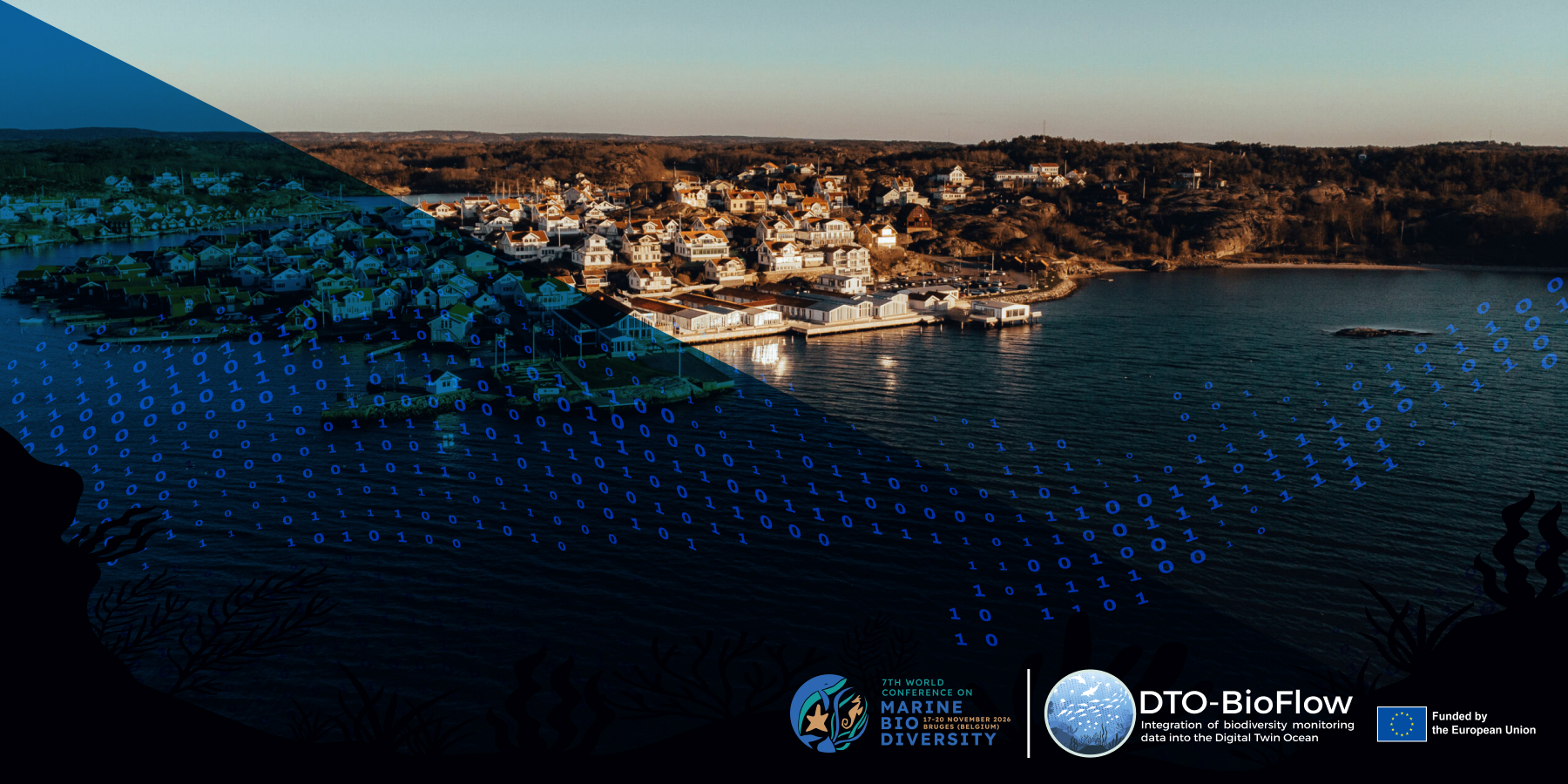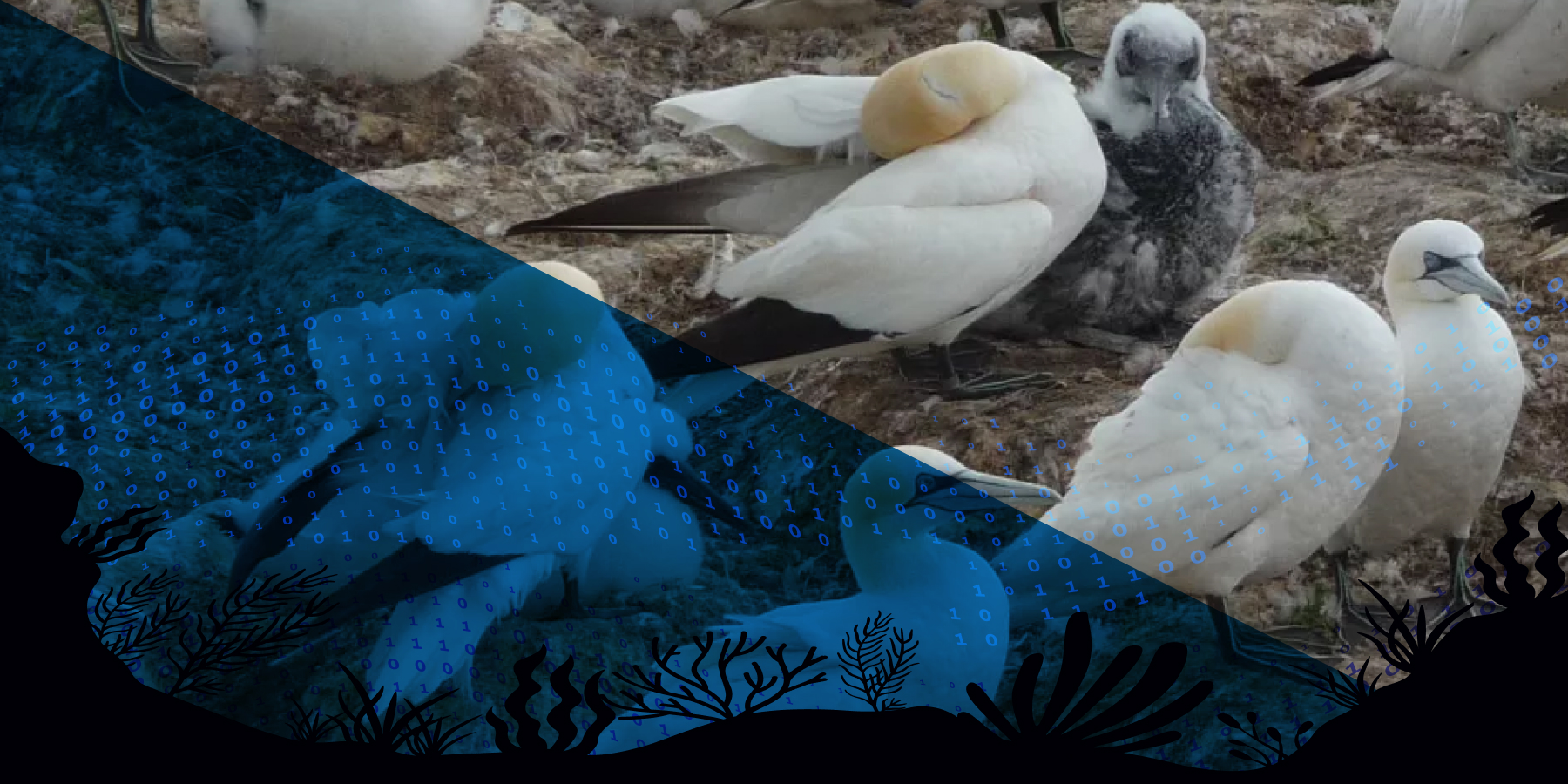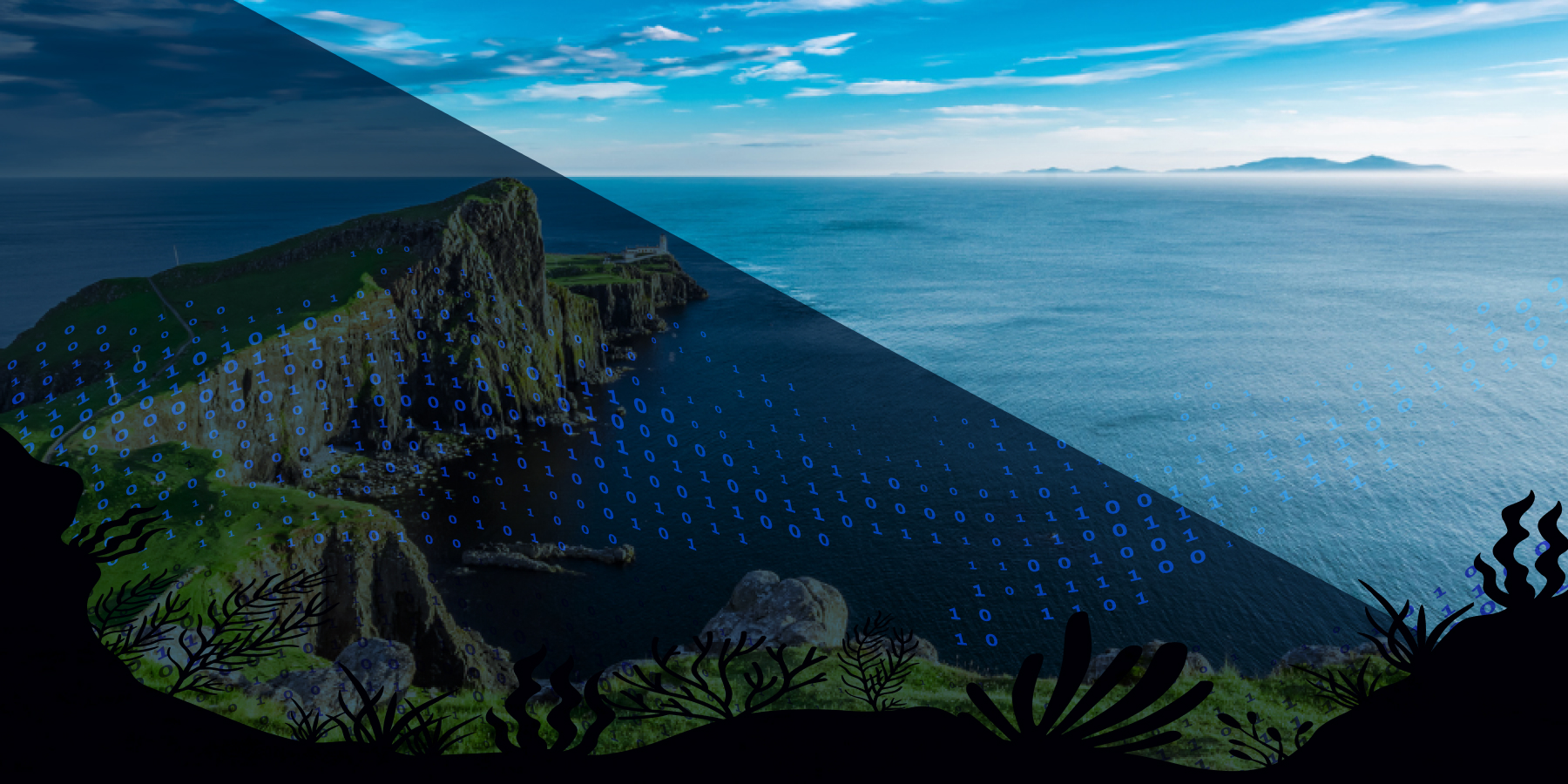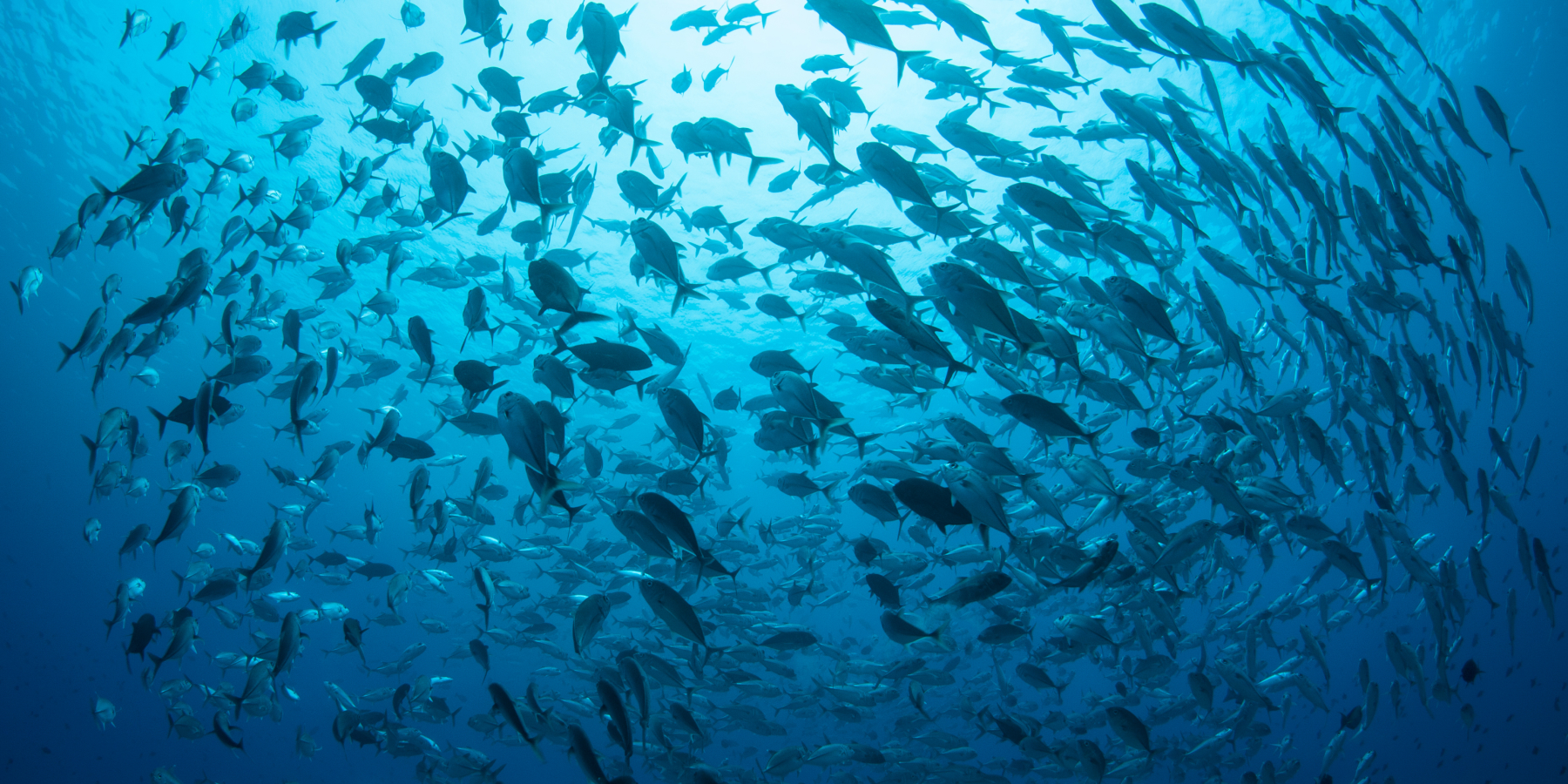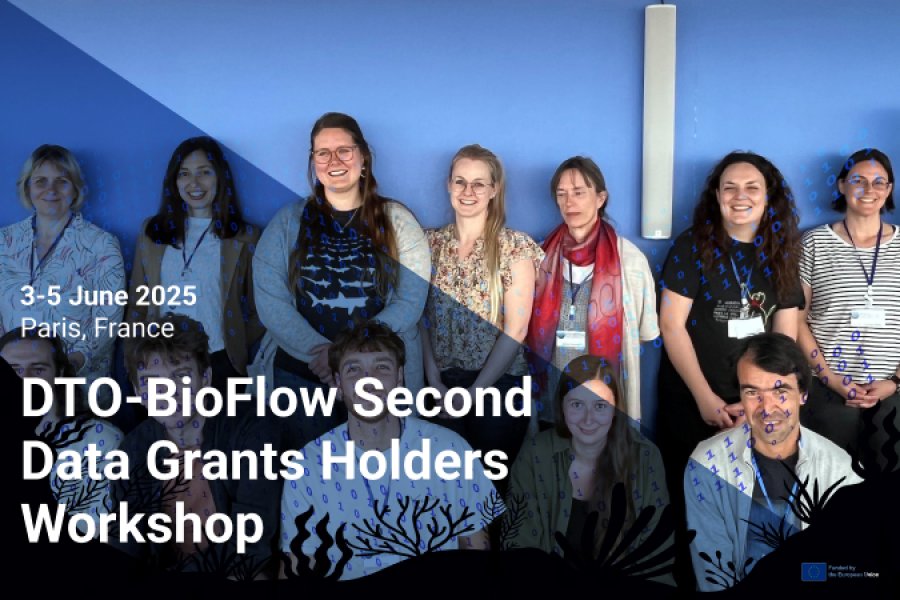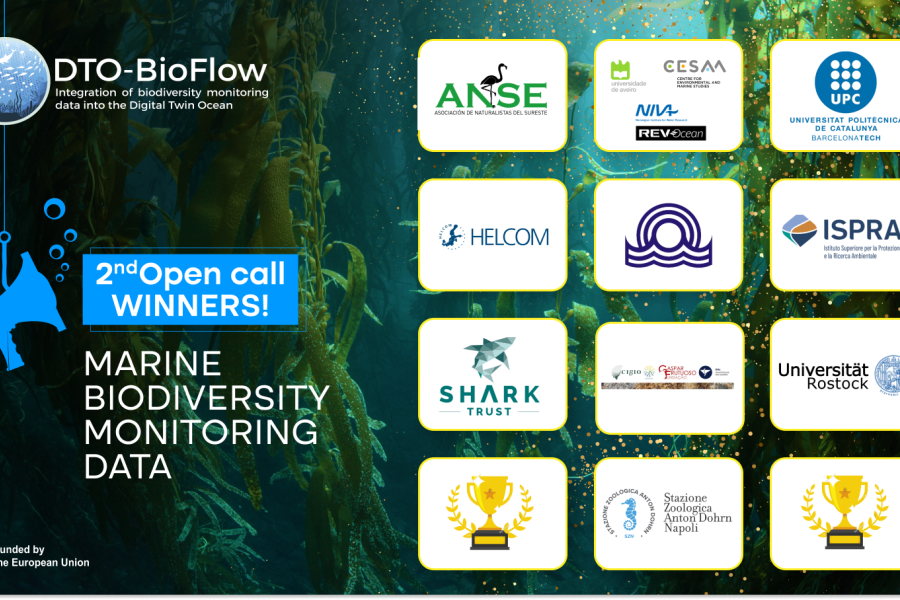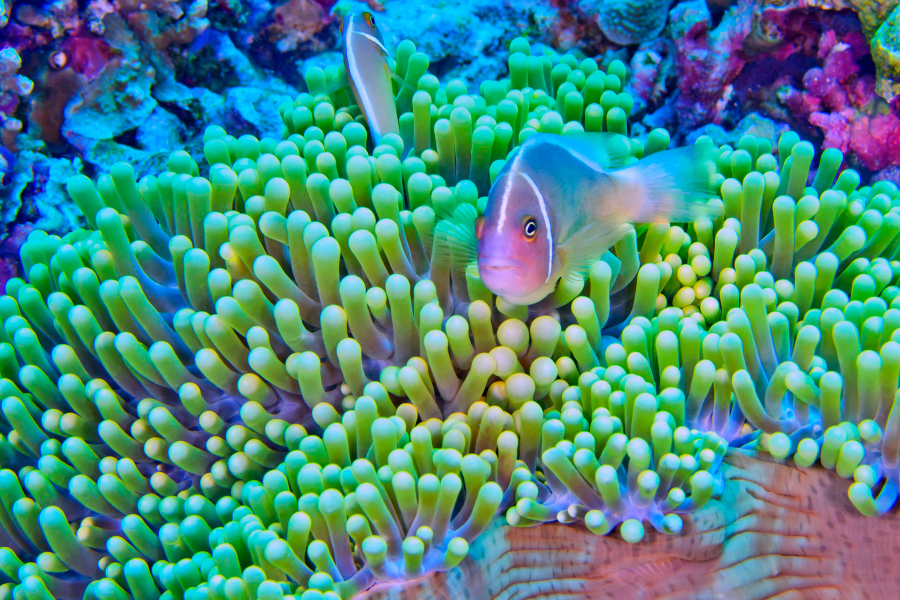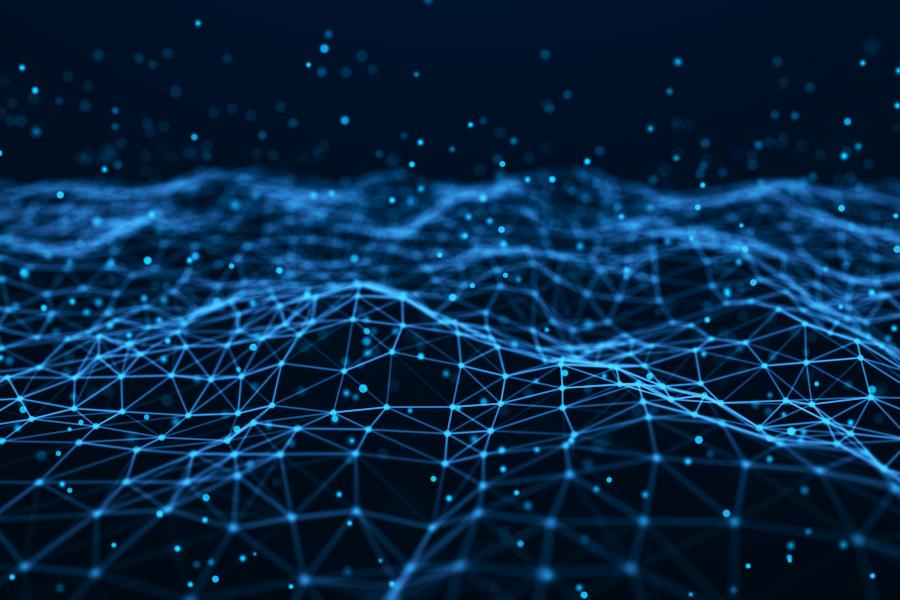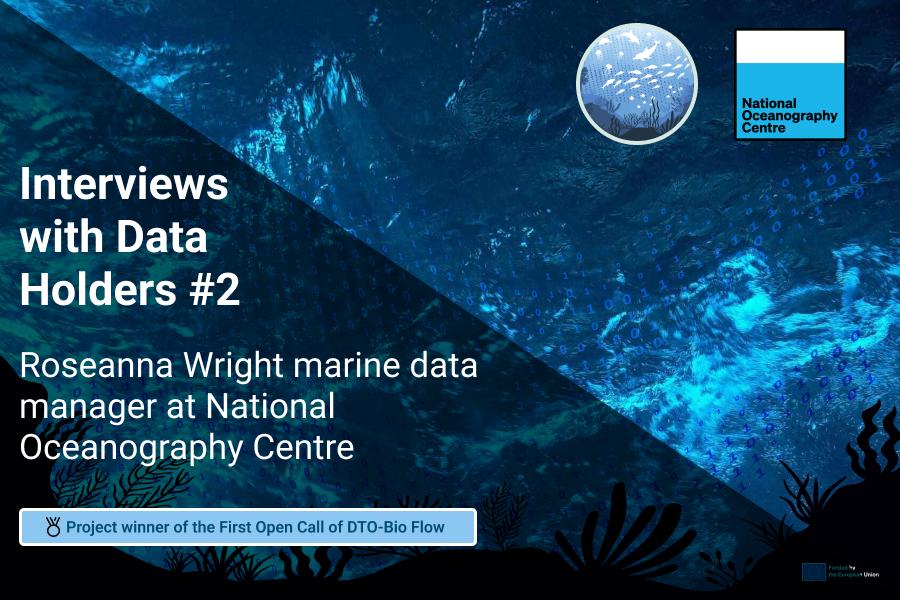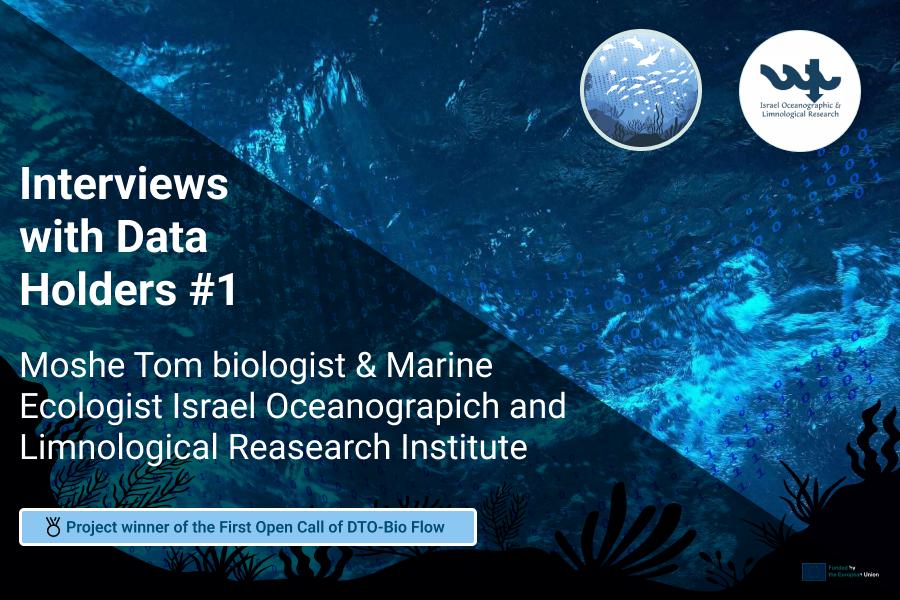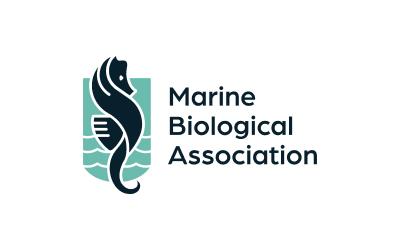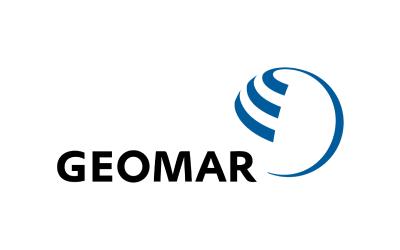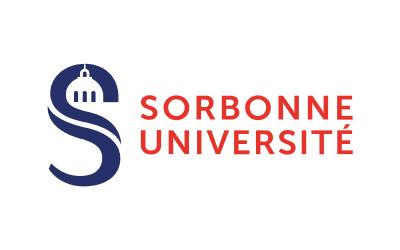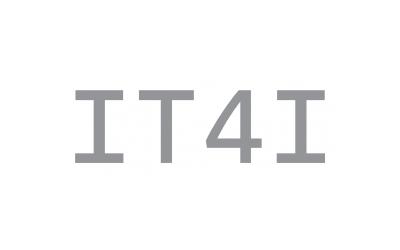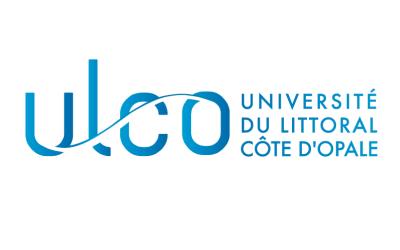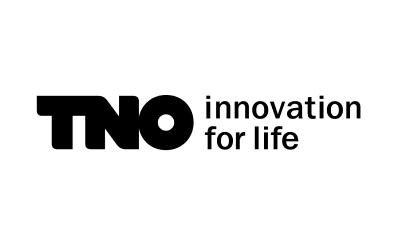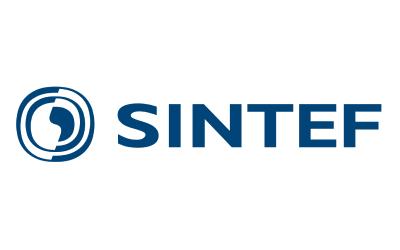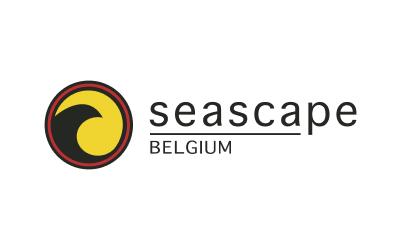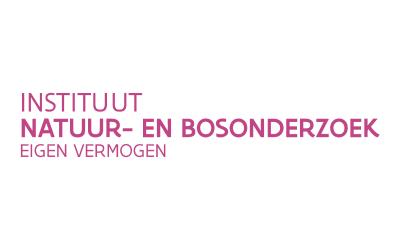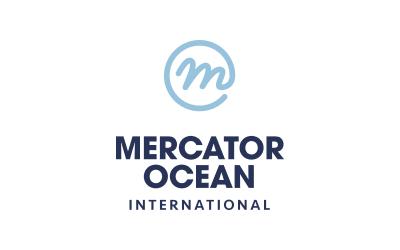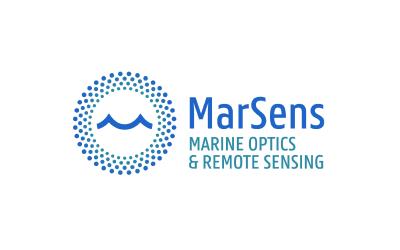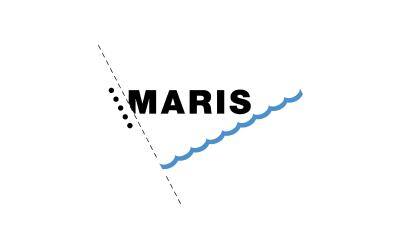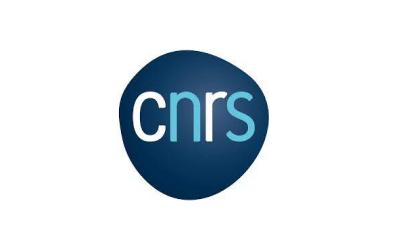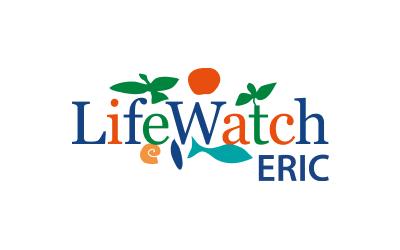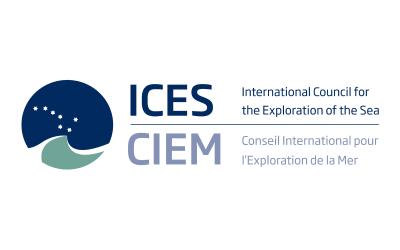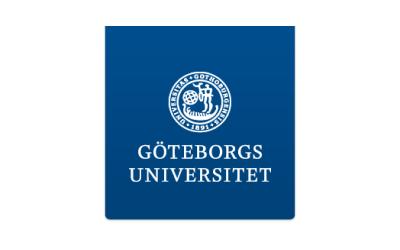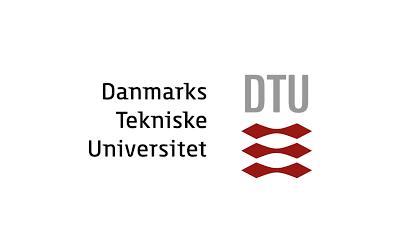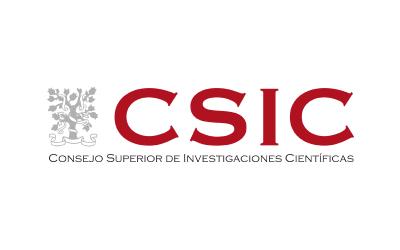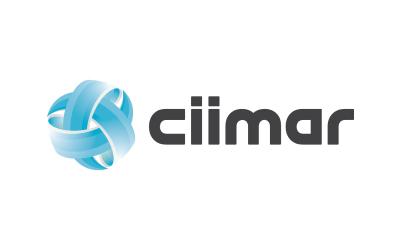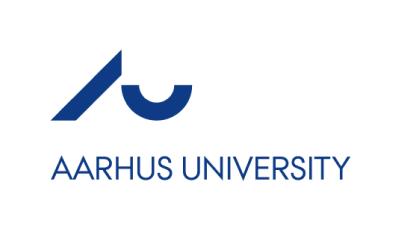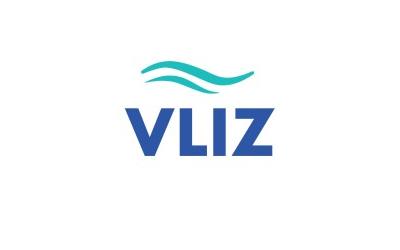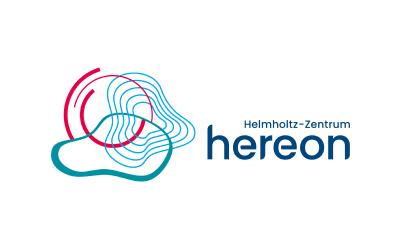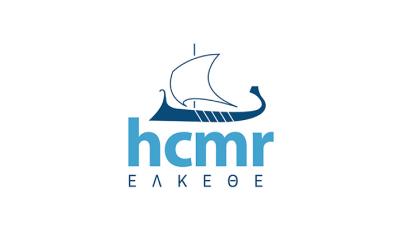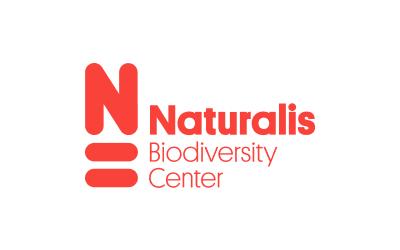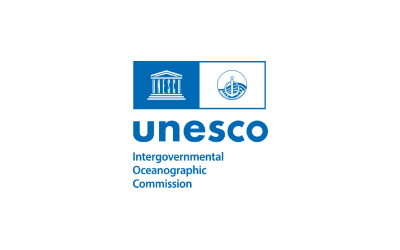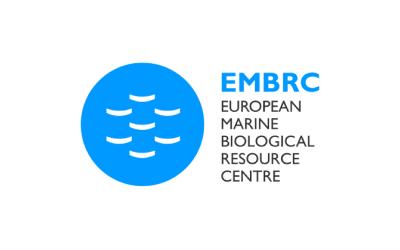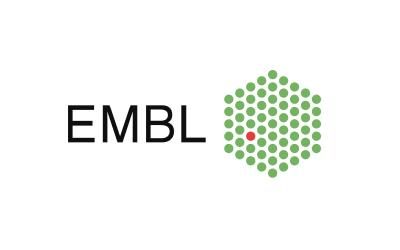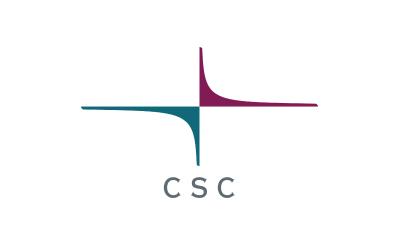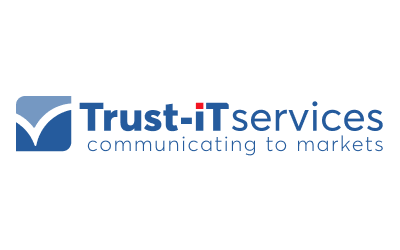Meet the ten new Data Providers advancing marine biodiversity data for the EU Digital Twin Ocean
Winners of DTO-BioFlow’s Second Open Call, these projects will provide long-term access to previously unavailable biodiversity data via EMODnet Biology, fueling the EU Digital Twin Ocean.
Digital Twins

From Data to Knowledge: Managing Ocean Ecosystems
From Data to Knowledge: Managing Ocean Ecosystems
The biological component of the ocean is arguably the least known and most poorly understood. Understanding th e interaction of species with each other, with their environment and how these change in response to en viron m en t al and anthropogenic pressures through time will provide us with true knowledge and enables ecosystem-based management. This is the value of digital twins: By providing virtual representations of the ocean -integrating ocean observations, modelling, and digital infrastructures, digital twins allow us to simulate and study “what if” scenarios enabling effective conservation, management and policy development.

To unlock “sleeping” biodiversity data
To unlock “sleeping” biodiversity data
Data on biodiversity comes from a variety of sources, including omics, optical identification, imaging, acoustics, and others. Although new technology (imaging, acoustics, DNA-based, satellite) enables biodiversity observations at previously unattainable scales and frequencies, many of these types of data require one or more processing steps to become digital, and thus remain unavailable and inaccessible, the so-called "sleeping data".
DTO-BioFlow will awaken "sleeping" biodiversity data, enabling the ongoing flow of these and new data into the EU Digital Twin Ocean via primary integrators and EMODnet, generating a digital replica of marine biological processes and transforming new and current data flows into evidence-based knowledge.

Overcoming Barriers to Biodiversity Data
Overcoming Barriers to Biodiversity Data
To remove these barriers and make these data available for the DTO, scientific experts need to invest time, consult the communities of practice and interact with data managers to propose best practices on processing these data in a standardised and scientifically correct way to ensure that modern streams of data become available for biology at large scale.
DTO-BioFlow will provide a comprehensive guide to understanding and overcoming the challenges of marine biodiversity data access, integration, and use. The Barriers Playbook is scheduled for release in Autumn 2026.
As of now, four key barriers that prevent data from flowing efficiently and effectively into the EU Digital Twin of the Ocean (EU DTO) ha been identified.
